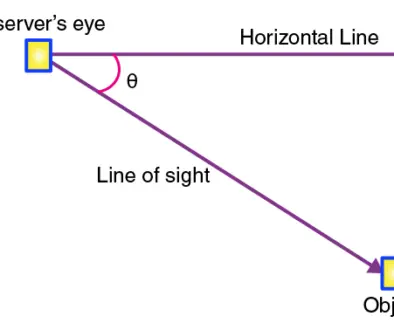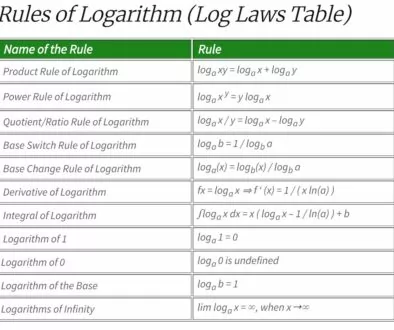Everything you should know about Rational Numbers
What are Rational Numbers?
Rational numbers are numbers that can be expressed as the ratio of two integers, where the denominator is not equal to zero. A rational number can be expressed as p/q, where p and q are integers and q is not equal to zero. Rational numbers can be positive, negative, or zero. They are an important concept in mathematics and are widely used in various fields such as engineering, finance, and science.
Examples of rational numbers include 1/2, -3/4, 0, 2, and -5. In each case, the number can be expressed as the ratio of two integers.
Can Decimal Numbers Be Rational?
Yes, but not all of them. Decimals can be either rational or irrational. A decimal is rational if it can be expressed as the ratio of two integers, where the denominator is not equal to zero. For example, the decimal 0.5 can be expressed as the ratio 1/2, so it is a rational number. Similarly, the decimal 0.25 can be expressed as the ratio 1/4, so it is also a rational number.
Are All Negative Numbers Rational?
No, not all negative numbers are rational. A number is considered rational if it can be expressed as the ratio of two integers, where the denominator is not equal to zero. Negative numbers can be rational, irrational, or even complex. Both -3/4 and -5/2 are negative rational numbers, as they can be expressed as ratios of integers. However, the square root of 2 multiplied by -1, which is denoted as -√2, is an example of a negative irrational number. This is because the square root of 2 cannot be expressed as the ratio of two integers, and when it is multiplied by -1, the resulting number is also irrational.
Are All Integers Rational Numbers?
All integers are also rational numbers. This is because an integer can be expressed as a ratio of itself and 1. For example, 2 can be written as 2/1 and -5 can be written as -5/1.
Is Zero (0) a Rational Number?
Zero is also considered a rational number, as it can be expressed as the ratio of 0/1. Although the denominator is zero, this is acceptable as the numerator is also zero.
In conclusion, rational numbers are an essential concept in mathematics and are used in a wide range of applications. They can be positive, negative, or zero, and can be expressed as the ratio of two integers. Negative numbers, decimal numbers, and zero can also be rational. All integers are also rational numbers, as they can be expressed as a ratio of themselves and 1. Understanding rational numbers is important for many fields, including finance, science, and engineering.
Are Fractions Rational Numbers?
Yes, fractions are rational numbers. A rational number is any number that can be expressed as the ratio of two integers, where the denominator is not zero. A fraction is a representation of such a ratio, with the numerator being the top number and the denominator being the bottom number. For example, 3/4 is a fraction and also a rational number because it can be expressed as the ratio of two integers (3 and 4).



